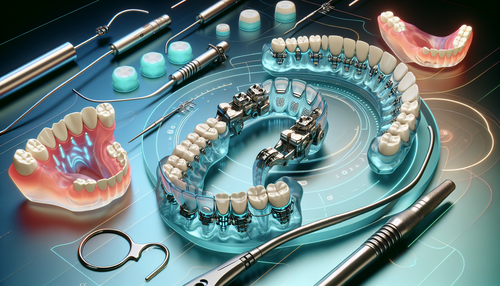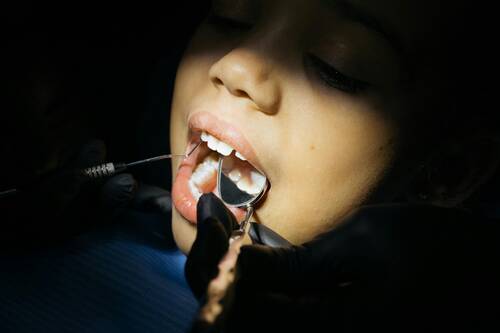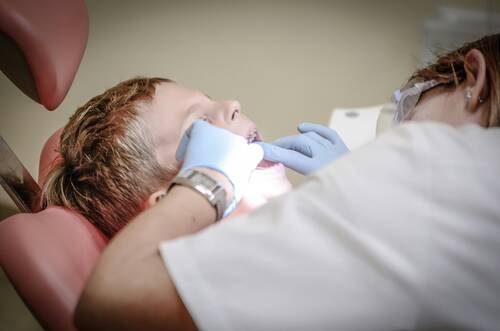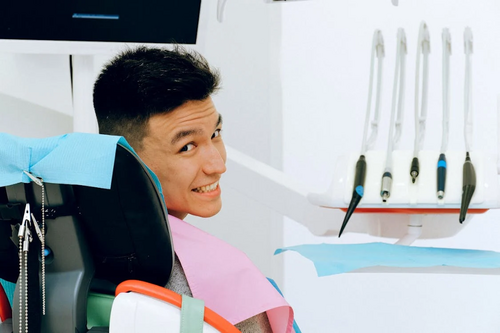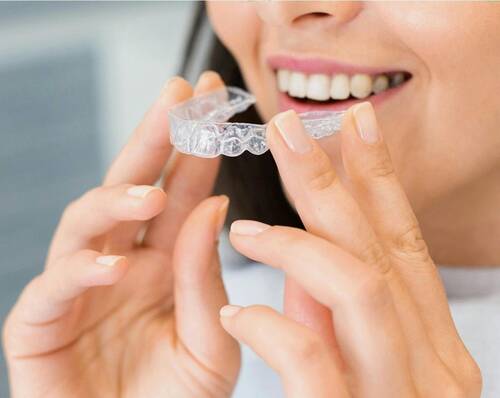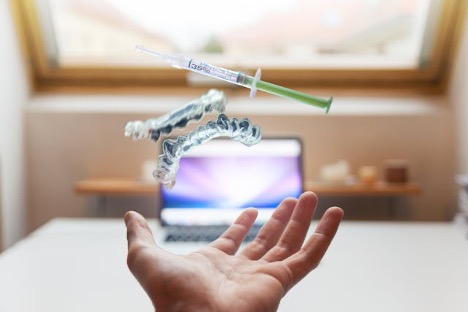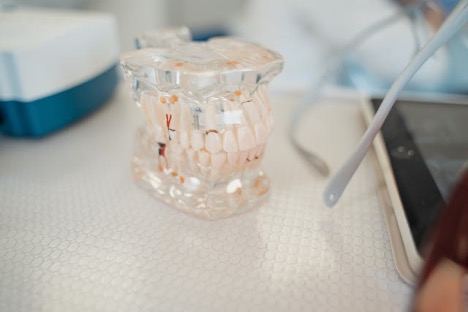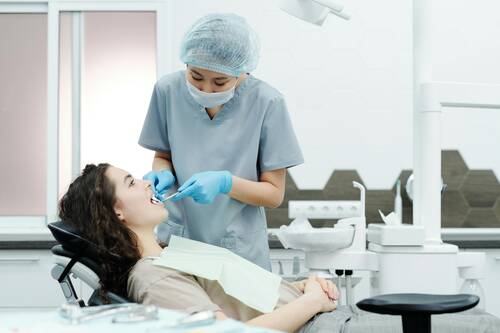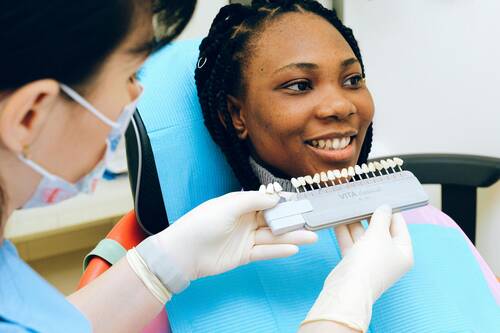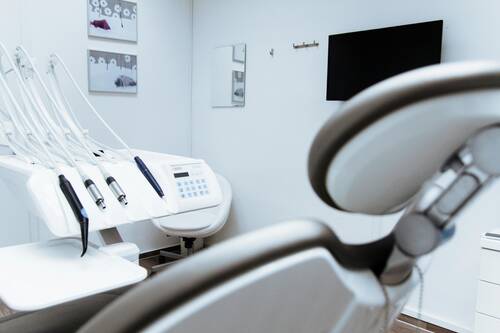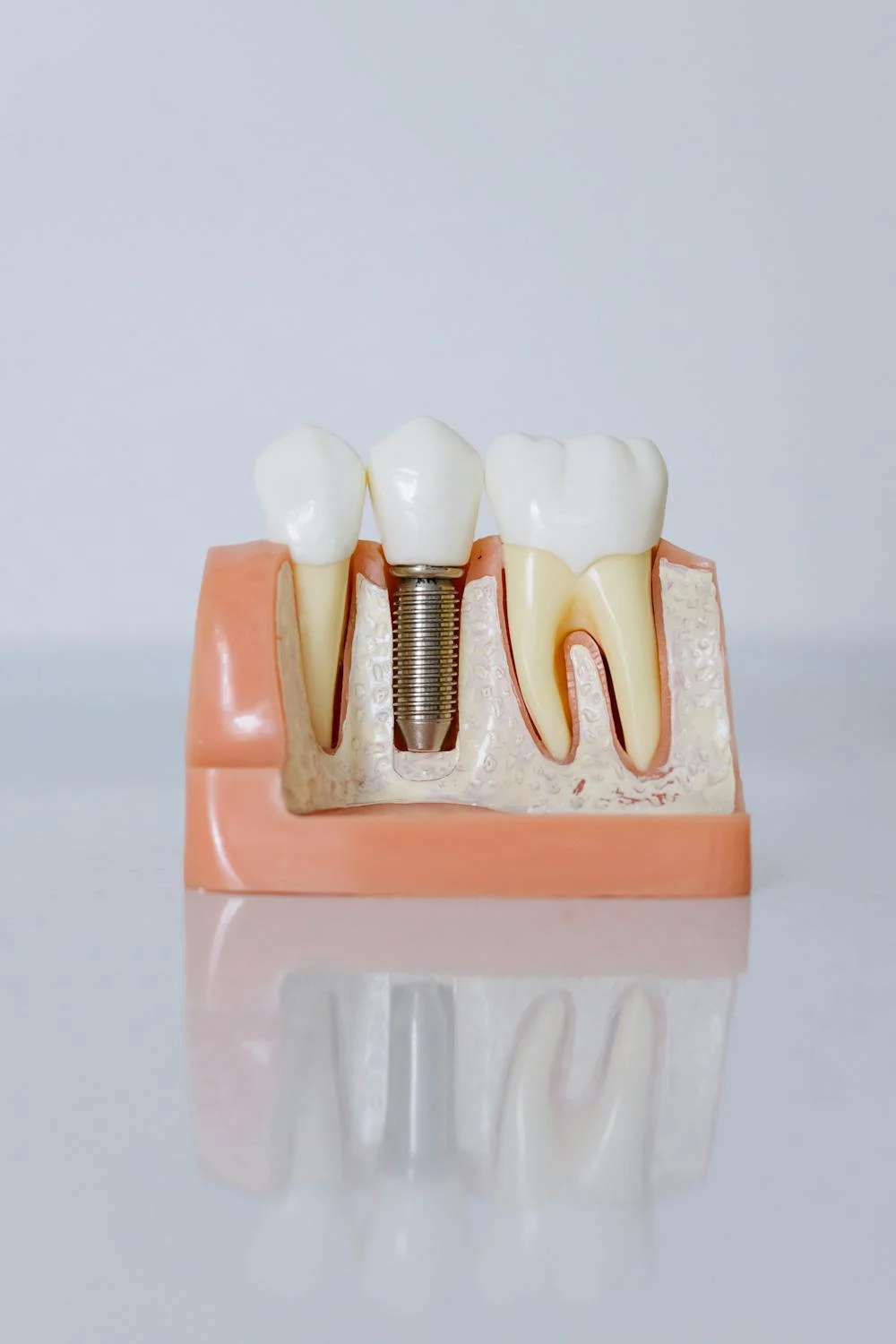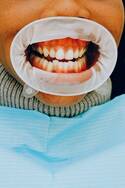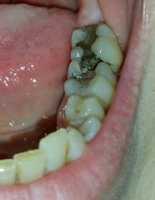Oral health is a crucial aspect of overall well-being, affecting people of all ages, from toddlers to the elderly. It goes beyond just having a bright smile; good oral hygiene can prevent a range of health issues, including gum disease, infection, and heart disease. To safeguard the dental health of every family member, adopting comprehensive oral care practices is essential. This article delves into practical tips that will help maintain excellent oral hygiene for the whole family, ensuring everyone enjoys a healthy, vibrant smile.
- Start Oral Hygiene Early
The foundation of good oral health is laid in early childhood. It's vital to introduce children to oral hygiene practices as soon as their first tooth appears. Parents should gently brush their baby’s teeth with a soft-bristled brush and a tiny smear of fluoride toothpaste. As children grow, they can be taught to brush their own teeth under supervision until they can manage on their own, usually around the age of six. Early exposure to regular dental care instills lifelong habits that prevent many dental problems.
- Regular Dental Checkups
Routine dental checkups are indispensable for maintaining oral health at all ages. These visits allow dentists to detect issues early on, such as cavities, gum disease, and even misalignments that might require orthodontic attention. For families seeking specialized dental care, particularly in orthodontics, it is helpful to look up the keyword
certified orthodontists near me on a search engine. This will help locate qualified professionals who can assess and correct dental alignments, ensuring optimal oral health and functionality.
(more…) Intraoral cameras not only allow for real-time, detailed images of the inside of a patient's mouth, but they also enhance the overall accuracy of dental records, ensuring that every nuance of a patient’s oral health is captured and preserved. This enhanced documentation benefits both patients and practitioners, improving diagnostic outcomes, treatment planning, and the overall quality of care. But how exactly does an intraoral camera contribute to more accurate dental records? In this article, we will explore the many ways in which these cutting-edge tools are shaping the future of dental care and record-keeping.
Intraoral cameras not only allow for real-time, detailed images of the inside of a patient's mouth, but they also enhance the overall accuracy of dental records, ensuring that every nuance of a patient’s oral health is captured and preserved. This enhanced documentation benefits both patients and practitioners, improving diagnostic outcomes, treatment planning, and the overall quality of care. But how exactly does an intraoral camera contribute to more accurate dental records? In this article, we will explore the many ways in which these cutting-edge tools are shaping the future of dental care and record-keeping.

